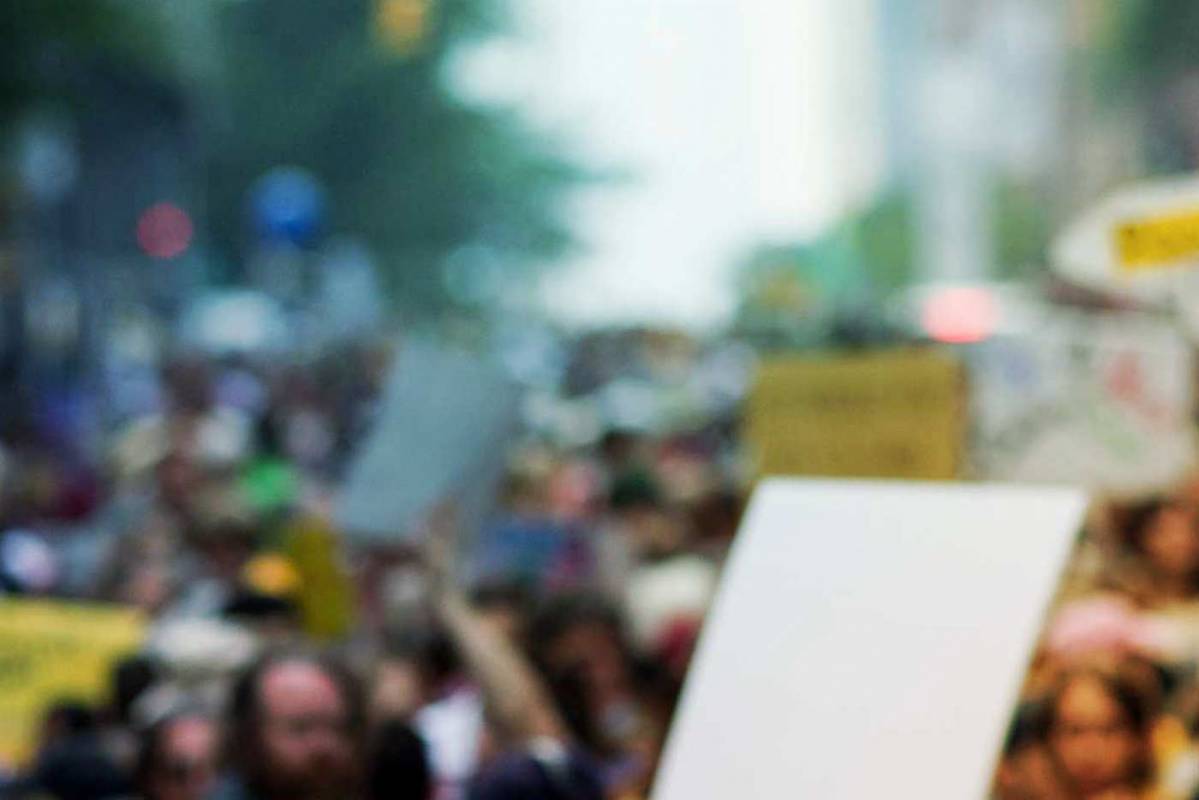
350 UK
Fossil Free Finance
Our banks are accelerating climate breakdown, with the support of those in charge. Together we’re pushing Bank of England Governor, Andrew Bailey, to stop funding the climate crisis and to protect our future.
Since the Paris climate talks in 2015, commercial banks around the world have poured a staggering £2 trillion into coal, oil and gas.
Despite the escalating climate crisis and commitments from governments everywhere, big UK banks like Barclays and HSBC have continued to recklessly fund the fossil fuel industry– and they’re showing no sign of slowing down.
These banks are out of control, but there is someone who can stop them.
We’re calling on Andrew Bailey, Governor of the Bank of England to:
- Stop billion pound bailouts for big polluters with no strings attached. Invest in a green recovery instead
- Make new rules to stop UK banks from financing climate chaos
- Work with the UK Treasury to ensure livelihoods are safe and new jobs are created in the transition to a greener economy.
Join us
It’s up to us to stop banks from funding climate breakdown. Over the next year, we’ll be testing new ways to disrupt big banks and can cut off finance flows from the UK to climate-wrecking fossil fuel projects around the world.
The Bank of England is a huge target. But unlike Barclays, HSBC and the other commercial banks – they’re accountable to us, the people.
Bank of England: Stop Funding the Climate Crisis!
The Bank of England could cut off the finance flows of UK money to polluting industries and fund the future we need.
We’re calling on the Bank of England Governor, Andrew Bailey: Stop funding the climate crisis and regulate the banks that do.
Dear Andrew Bailey, Governor of the Bank of England
CC Rishi Sunak, UK Chancellor:
- Stop billion pound bailouts for big polluters with no strings attached. Invest in a green recovery instead.
- Make new rules to stop UK banks from financing climate chaos.
- Work with the Treasury to ensure livelihoods are safe and new jobs are created in the transition to a greener economy.
Yours sincerely,
Common Questions
How the world of banks and finance works isn’t always communicated clearly – particularly by those in power. But fear not, we’re on hand to answer some of the questions you might have right now:
Updates


Climate Change: The Fight To Stay Below 1.5ºC

